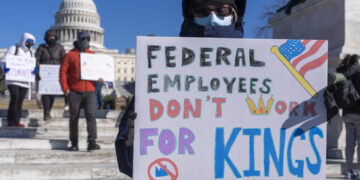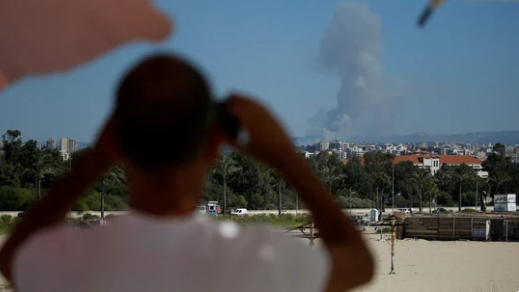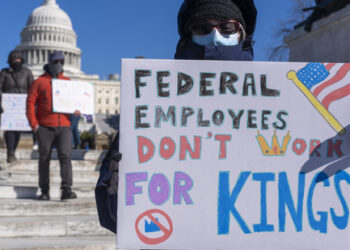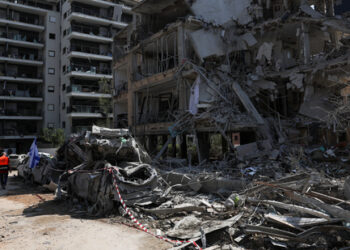Israeli Prime Minister Benjamin Netanyahu has rejected a US-backed ceasefire plan for Lebanon. The proposal, aimed at curbing the ongoing conflict between Israel and Hezbollah militants, was dismissed by Netanyahu, citing security concerns and the need for Israel to maintain its military operations in the region.
The announcement comes on the heels of a high-profile strike that reportedly killed a senior Hezbollah commander responsible for the group’s drone operations. Sources close to the Israeli military have confirmed the death of the Hezbollah leader, whose unit was believed to have been conducting reconnaissance and attack missions against Israeli targets. The assassination is seen as a significant blow to Hezbollah’s operational capabilities and a critical moment in the conflict.
The United States, along with other international actors, has been pushing for a temporary ceasefire to prevent further civilian casualties and reduce the risk of a wider regional war. However, Netanyahu made it clear that Israel would not agree to any arrangement that might compromise its national security or allow Hezbollah to regroup.
“Israel will not stand down in the face of terror threats,” Netanyahu stated in a press briefing. “We will continue to act decisively against Hezbollah and all those who threaten the safety of our citizens.”
The rejection of the ceasefire has raised concerns of a prolonged conflict, as Hezbollah has vowed retaliation for the recent strike. Analysts suggest that without international mediation, the conflict could spiral into a broader regional confrontation, with Iran potentially stepping up its support for Hezbollah.
The situation remains fluid, with both sides preparing for further escalations. Meanwhile, the international community is urging for restraint to avoid a full-blown war in one of the world’s most volatile regions.








 India
India












